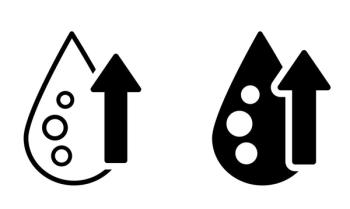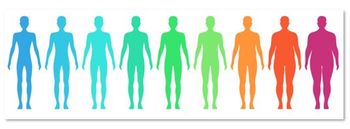
ADA: Type 1 Diabetics Spurn Carbs for Atkins-Style Diet
CHICAGO -- Patients with type 1 diabetes appear to favor a low- carbohydrate, Atkins-style diet but end up consuming more fat, according to an observational study.
CHICAGO, June 26 -- Patients with type 1 diabetes appear to favor a low- carbohydrate, Atkins-style diet but end up consuming more fat, according to an observational study.
Carbohydrate intake contributed a significantly lower proportion of daily calories for type 1 diabetic patients than for their nondiabetic spouses and friends whereas the opposite was true for fat and protein, found Janet Snell-Bergeon, M.P.H., of the University of Colorado at Denver, and colleagues.
The differences may reflect misguided efforts to control blood sugar or reduce insulin injections, Snell-Bergeon said at the American Diabetes Association meeting here.
Dietary guidelines for type 1 diabetes are similar to those for the general population except that saturated fat and cholesterol should be further restricted because of their higher cardiovascular risk, she noted.
"A low carbohydrate diet is not recommended," she said, adding that "more education may be needed to help patients combine a healthy diet low in saturated fat with good glycemic control."
The Coronary Artery Calcification in Type 1 Diabetes (CACTI) study she reported included 571 patients with type 1 diabetes (43% men) and 696 of their spouses and friends without diabetes (49% men) as controls.
All study participants were ages 19 to 56 without symptomatic coronary heart disease. Their diets were evaluated using a food frequency questionnaire.
The researchers found that total calorie intake was similar between patients with diabetes and controls (23.6 versus 23.3 kcal/kg/day for men and 23.9 versus 25.3 kcal/kg/day for women, P=NS for both).
However, dietary components differed.
Carbohydrates represented a significantly lower proportion of caloric intake for the diabetic group than for controls for both men and women (P
Newsletter
Enhance your clinical practice with the Patient Care newsletter, offering the latest evidence-based guidelines, diagnostic insights, and treatment strategies for primary care physicians.

































































































































